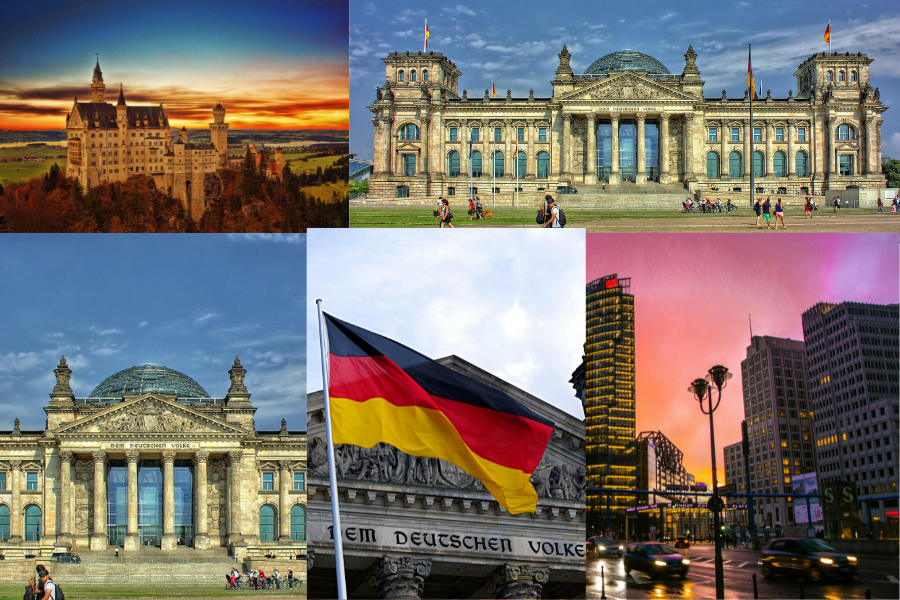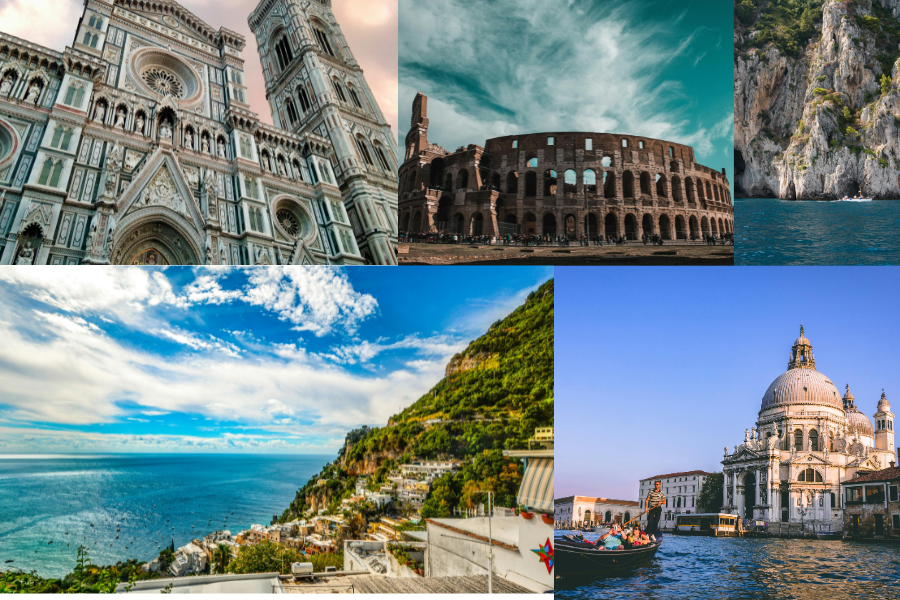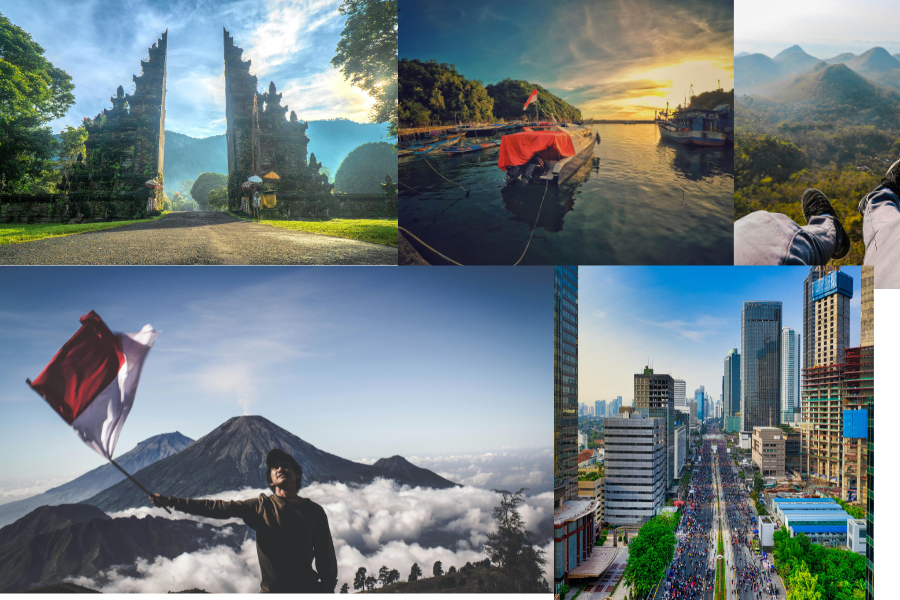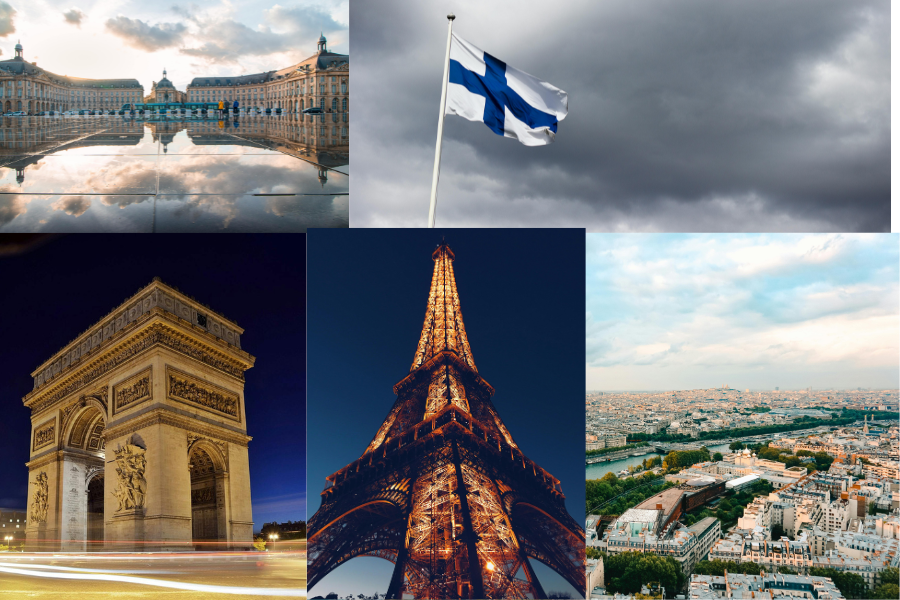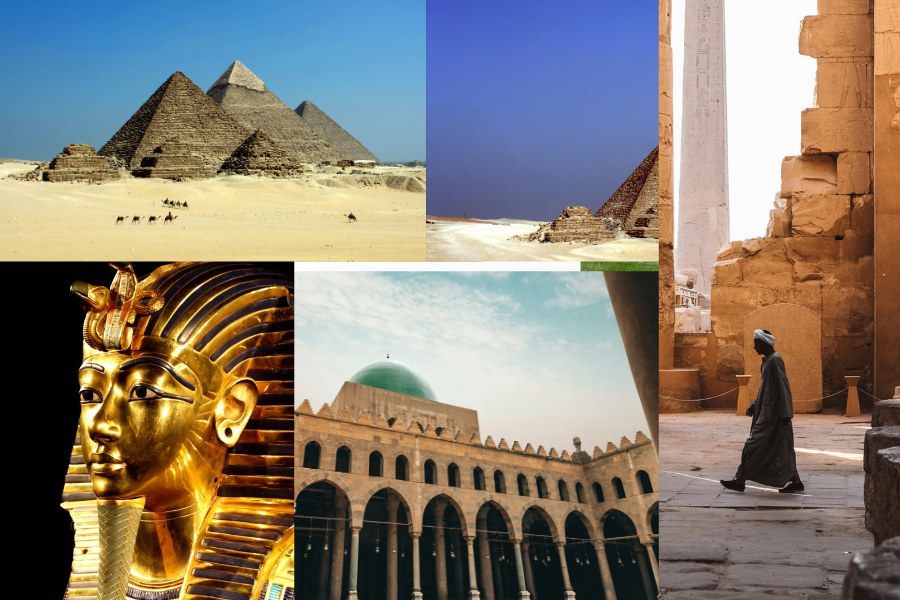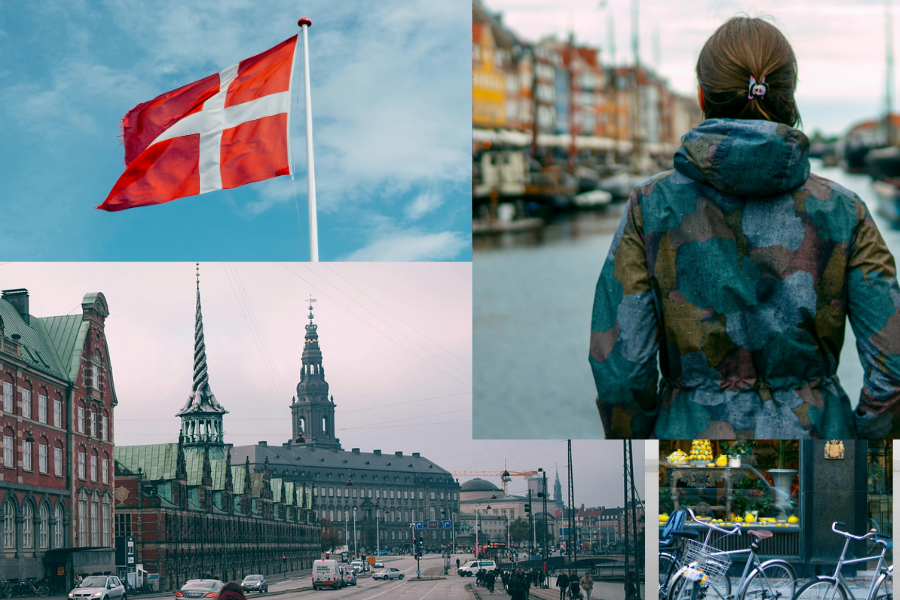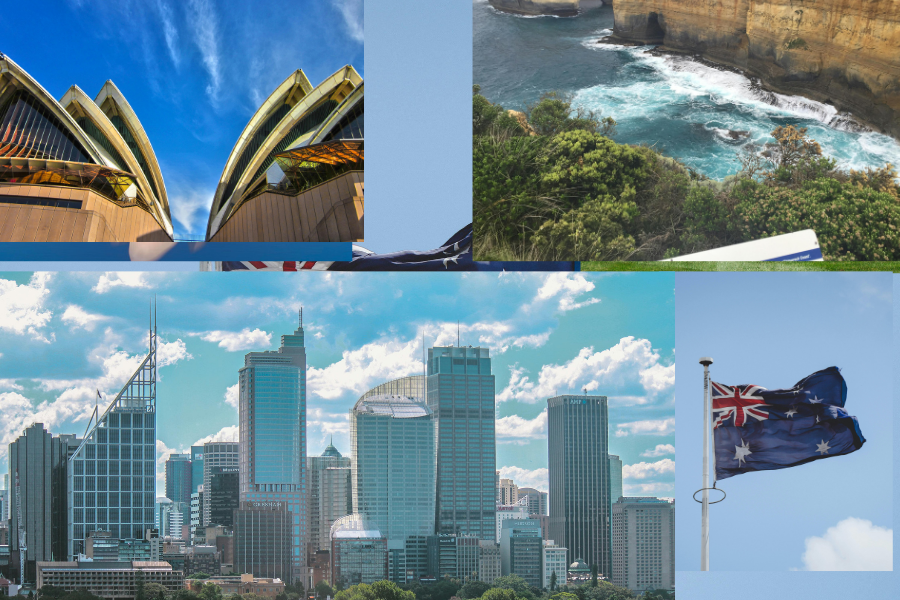Indian to Germany Traveling Details :
journey from India to Germany, a land brimming with history, culture, and natural beauty. Explore bustling Berlin, marvel at the majestic Neuschwanstein Castle, and wander through charming medieval towns along the Romantic Road. Immerse yourself in vibrant Oktoberfest celebrations, delve into the fascinating history of the Berlin Wall, and savor the delectable flavors of Black Forest cake. Whether you seek historical exploration, cultural immersion, or breathtaking landscapes, Germany offers something for everyone. Plan your trip with ease by comparing flights and finding the best deals to suit your budget. Make the most of your adventure with essential travel tips and cultural insights, ensuring a smooth and unforgettable experience.
Visa for Indian Citizens Traveling to Germany:
Requirements:
-
- Schengen Visa: A Schengen visa is mandatory for Indian citizens visiting Germany for short stays (up to 90 days).
- Application Process:
- Apply well in advance (at least 3 months before your travel date) due to potential processing delays.
- Submit your application at your nearest:
- German embassy or consulate
- VFS Global Visa Application Center (official service provider)
- Required Documents:
- Valid passport: with at least 6 months validity beyond your intended stay in Germany.
- Proof of travel: Round-trip flight reservations with confirmed dates.
- Proof of accommodation: Hotel bookings, hostel confirmations, or invitation letter from a host in Germany.
- Travel medical insurance: Covering a minimum of €30,000 for medical emergencies, hospitalization, and repatriation costs within the Schengen area.
- Proof of sufficient financial means: Bank statements, salary slips, or sponsor letters demonstrating enough funds to cover your stay in Germany (amount varies depending on individual circumstances).
- Completed visa application form: Downloaded from the German embassy/consulate website or VFS Global website.
- Visa application fees: Paid according to current rates established by the German embassy or consulate.
Flights from India to Germany:
Popular Routes:
Several airlines operate flights connecting major Indian cities like Delhi, Mumbai, Bangalore, and Chennai to Germany’s primary airports in Frankfurt, Munich, and Berlin. Here are some examples:
-
Delhi (DEL) to Frankfurt (FRA): This is a popular route with options from various airlines, including Lufthansa, Air India, Emirates, Qatar Airways, and Etihad Airways. Prices can vary significantly depending on the airline, time of booking, seasonality, and chosen flight type (direct vs. connecting). Expect fares to start around ₹35,000 for connecting flights and ₹50,000 and above for direct flights (as of March 2024). Flight duration can range from approximately 10 to 15 hours.
-
Mumbai (BOM) to Munich (MUC): Similar to the Delhi-Frankfurt route, you’ll find options from numerous airlines on this route. Pricing also follows a similar pattern, with starting fares around ₹30,000 for connecting flights and ₹45,000 for direct flights. Flight duration typically falls within the 11 to 14 hours range.
Booking Tips:
- Compare prices: Utilize flight comparison websites like Skyscanner, Kayak, and Momondo to compare fares across different airlines and travel dates.
- Consider connecting flights: While direct flights offer convenience, connecting flights can often be significantly cheaper, especially if you have some flexibility in your travel dates and itinerary.
- Book in advance: Booking your flights well in advance, especially during peak seasons (summer months, Christmas/New Year), can help you secure better deals.
- Sign up for alerts: Set up price alerts on flight comparison websites to be notified of price drops on your desired route.
Additional factors to consider:
- Layover duration: If opting for a connecting flight, pay attention to the layover duration at the connecting airport. A shorter layover minimizes travel time, but a long layover might require an additional airport visa depending on the regulations of the connecting country.
- Airline baggage policies: Airline baggage allowances and fees can vary. Be sure to check the specific polices
Travel Time from India to Germany:
Factors Affecting Duration:
The travel time between India and Germany primarily depends on two key factors:
- Departure City: Distance from your point of origin in India to the destination airport in Germany significantly impacts travel time. Flights from southern cities like Chennai or Bangalore might take slightly longer than those from northern cities like Delhi or Mumbai due to the added distance.
- Direct vs. Connecting Flights: Direct flights, with no layovers, naturally have the shortest travel time, typically ranging from 9 to 11 hours. Connecting flights, with one or more stopovers at another airport, generally take longer, with durations between 11 and 14 hours or even longer depending on the layover duration(s).
Examples:
- Direct Flight: A direct flight from Delhi (DEL) to Frankfurt (FRA) can take approximately 9 hours and 30 minutes.
- Connecting Flight: A connecting flight from Mumbai (BOM) to Munich (MUC) with a layover in Dubai (DXB) might take around 13 hours and 45 minutes, depending on the layover duration in Dubai.
Additional Considerations:
- Flight Schedules: Some airlines might offer flights with shorter or longer durations depending on their specific route and flight path.
- Weather Conditions: Strong headwinds or unfavorable weather conditions can occasionally add to the flight time.
Overall:
While the average travel time for flights from India to Germany falls within the 9-12 hours range, it’s crucial to consider the specific factors mentioned above to get a more accurate estimate for your chosen route and flight option.
Staying Updated on COVID-19 Regulations for Travel between India and Germany:
Due to the ever-evolving nature of the pandemic and the constant updates to travel regulations, it’s essential to rely on official sources for the most current and accurate information regarding COVID-19 requirements for travel from India to Germany.
Here are the key resources you should consult:
1. Indian Ministry of Health and Family Welfare:
- Website: https://mohfw.gov.in/
- This website provides official information on India’s travel advisories, including entry and exit requirements for international travelers.
2. German Federal Foreign Office:
- Website: https://www.auswaertiges-amt.de/en
- This website offers comprehensive information on entry and stay regulations for Germany, including updates on COVID-19 related requirements.
3. Embassy of India, Berlin:
- Website: https://indianembassyberlin.gov.in/
- The Indian embassy in Berlin also provides updates on travel regulations and visa requirements for Indian citizens traveling to Germany.
Additionally:
- Airline websites: Check the website of the airline you are flying with for their specific COVID-19 travel requirements and protocols.
- Travel advisories: Stay informed by subscribing to travel advisories from both the Indian and German governments.
Choosing the Perfect Time for Your German Adventure:
Germany’s beauty and cultural richness cater to diverse travel desires. However, the ideal time to visit hinges on your personal preferences:
1. Peak Season (May to September):
- Pros:
- Pleasant weather: Warm days and cool nights, perfect for exploring outdoors.
- Festive atmosphere: Numerous summer festivals and events create a vibrant experience.
- Extended daylight: More daylight hours offer ample time for sightseeing.
- Cons:
- Larger crowds: Popular tourist destinations experience significant tourist influx.
- Higher costs: Increased demand leads to higher prices for flights and accommodation.
- Occasional rain: Be prepared for potential rain showers.
2. Shoulder Seasons (April-May & September-October):
- Pros:
- Milder crowds: Compared to peak season, there are fewer tourists, making exploration and city navigation smoother.
- Comfortable temperatures: Enjoy activities with temperatures suitable for various pursuits.
- Affordability: Generally lower prices for flights and accommodation compared to peak season.
- Cons:
- Unpredictable weather: Pack layers, as rain showers or cooler temperatures might occur.
- Fewer events: Fewer festivals and events compared to peak season.
3. Winter (November to March):
- Pros:
- Christmas magic: Experience the wonder of German Christmas markets with festive lights, decorations, and delicious treats.
- Winter wonderland: Some regions offer snow, ideal for winter sports enthusiasts.
- Cons:
- Colder temperatures: Expect colder weather and shorter daylight hours, limiting outdoor activities.
- Limited operations: Some tourist attractions might have reduced hours or closures during this time.
Guide to Different Transport Options
Germany offers a well-developed and diverse transport network, catering to various travel styles and budgets. Here’s an overview to help you choose the best option for your trip:
1. Trains:
- Germany’s crown jewel: The German rail network (Deutsche Bahn) is renowned for its efficiency and punctuality. It’s ideal for traveling between major cities and even smaller towns.
- Comfort and convenience: Modern trains provide various cabin classes with comfortable seating, luggage space, and sometimes even onboard dining options.
- Rail passes: Consider Eurail or German Rail Pass for extensive travel within Germany or neighboring countries. These passes offer significant cost savings compared to buying individual tickets.
- Planning your trip: Use the user-friendly Deutsche Bahn website or app to plan routes, check schedules, and purchase tickets in advance.
2. Buses:
- Budget-friendly alternative: Buses offer a more affordable option, especially for shorter distances or connecting smaller towns with limited train access.
- Network coverage: While not as extensive as the train network, buses efficiently connect many towns and cities, particularly in rural areas.
- Ticketing: Tickets can usually be purchased directly from the bus driver, but some routes might require advance booking through the bus company’s website or authorized agents.
3. Car Rentals:
- Flexibility and independence: Renting a car provides the ultimate flexibility, allowing you to explore at your own pace and discover hidden gems beyond major cities.
- Highways and rural roads: Germany boasts the well-maintained Autobahn network, offering efficient travel between major cities. Be aware of potential tolls on certain highways and speed restrictions.
- Cost considerations: Renting a car generally comes with higher costs compared to other options, including fuel, parking fees, and potential one-way drop-off charges.
4. Public Transport in Cities:
- Seamless exploration: Major German cities boast excellent public transport systems consisting of subways (U-Bahn), buses, and trams. These systems are generally efficient, affordable, and easy to navigate.
- Tickets and passes: Choose single tickets for specific journeys or consider day passes or travel cards for unlimited travel within a specific timeframe, offering cost savings for frequent use.
- Planning and information: Utilize city-specific public transport websites or apps to plan routes, check schedules, and purchase tickets in advance.
Choosing the Right Option:
The best mode of transportation for your trip depends on several factors:
- Itinerary: Train travel is ideal for covering long distances and major cities, while buses might be more suitable for connecting smaller towns or offering a budget-friendly option. Car rentals provide ultimate flexibility but come with higher costs.
- Budget: Consider the cost of each option, including ticket prices, potential rentals, and fuel costs.
- Time constraints: Trains are generally the fastest option for long-distance travel, while navigating cities with public transport might take longer than driving.
- Preferences: Do you prioritize ease of use, affordability, or the flexibility of exploring at your own pace?
Finding Your Ideal Home Away from Home in Germany
Germany offers a diverse range of accommodation options to suit various needs and budgets. Here’s a breakdown of some popular choices:
1. Hotels:
- Variety and convenience: Hotels cater to a wide range of budgets and preferences, offering amenities such as comfortable beds, private bathrooms, and sometimes on-site restaurants or bars.
- Locations: Hotels are readily available in most cities and tourist areas, offering convenient access to attractions and transportation hubs.
- Booking considerations: Book well in advance, especially during peak seasons or in popular tourist destinations, to secure your preferred hotel and rates.
2. Hostels:
- Budget-friendly option: Hostels offer dorm-style rooms with shared bathrooms and common areas, providing a social and affordable way to stay, particularly for solo travelers or those seeking a more communal experience.
- Amenities: Some hostels offer additional amenities like shared kitchens, laundry facilities, and organized activities or social events.
- Considerations: Dorm rooms can be noisy and lack privacy, and availability during peak seasons might be limited.
3. Apartments (Airbnb and similar platforms):
- Local experience and flexibility: Renting an apartment through platforms like Airbnb allows you to experience a more local feel and often offers amenities like kitchens and living spaces, providing more space and flexibility than traditional hotel rooms.
- Suitable for: Apartments are ideal for longer stays, families, or groups seeking a more independent living experience.
- Booking considerations: Carefully review listings and house rules before booking, and ensure clear communication with the host regarding check-in procedures and any additional fees.
Additional tips for finding accommodation in Germany:
- Consider your priorities: Do you prioritize cost, location, amenities, or a unique experience?
- Research and compare prices: Utilize online booking platforms and travel websites to compare options and find the best deals.
- Read reviews: Check reviews from other travelers to get insights into the accommodation’s atmosphere, cleanliness, and amenities.
- Consider alternative options: Explore options like vacation rentals, guesthouses, or bed and breakfasts depending on your preferences and budget.
Tapestry of History, Culture, and Natural Beauty
Germany, a captivating heartland of Europe, offers a vibrant tapestry woven from rich history, vibrant culture, and breathtaking landscapes. From the bustling streets of Berlin to the charming medieval towns along the Romantic Road, Germany promises a memorable experience for every traveler.
1. Berlin: A City Steeped in History
- Brandenburg Gate: This iconic landmark stands as a powerful symbol of unity and peace, having served as a painful reminder of a divided city in the past. Immerse yourself in the significance of this historical monument.
- Reichstag Building: Explore the seat of the German Parliament, marveling at its impressive architectural details and historical significance.
- Remnants of the Berlin Wall: Walk along the remnants of the Berlin Wall, a poignant reminder of a bygone era. Learn about its profound impact on the nation’s history and appreciate the power of unity and peace.
2. Munich: Where History Meets Festivities
- Oktoberfest: Immerse yourself in the lively spirit of Oktoberfest, the world’s largest beer festival, held annually in Munich during September and October. Savor the festive atmosphere, traditional music, and delicious food.
- Deutsches Museum: Embark on a fascinating journey through the history of science and technology at the Deutsches Museum, one of the largest museums dedicated to these fields worldwide.
- Marienplatz: Witness the enchanting Glockenspiel (chime) performance at the central square of Marienplatz, surrounded by historical buildings and bustling shops.
3. Neuschwanstein Castle: A Fairytale Come True
- Step into a fairytale: Nestled amidst the picturesque Bavarian Alps, Neuschwanstein Castle, with its towering spires and enchanting turrets, is a masterpiece of Romanesque Revival architecture. Explore this captivating castle that inspired Walt Disney’s iconic Sleeping Beauty Castle.
4. Romantic Road: A Scenic Journey Through Time
- Unwind on a scenic drive: Embark on a journey along the Romantic Road, a picturesque route winding through charming medieval towns like Rothenburg ob der Tauber. Discover rolling hills, enchanting vineyards, and explore the well-preserved town known for its half-timbered houses and festive Christmas markets.
5. Cologne Cathedral: A Testament to Architectural Grandeur
- Be awestruck by architectural beauty: Witness the magnificence of the Cologne Cathedral, a UNESCO World Heritage Site and one of the most stunning examples of Gothic architecture in Europe. Soar to the top of the spires for breathtaking panoramic views of the city.
6. Black Forest: A Nature Lover’s Paradise
- Embrace the beauty of nature: Hike through the dense forests of the Black Forest, explore cascading waterfalls, and discover charming villages nestled amidst the lush greenery. Indulge in the region’s traditional treats like cuckoo clocks and the famous Black Forest cake.
Other Tips for Your Trip to Germany:
Language:
- While English is widely spoken in tourist areas and major cities, learning a few basic German phrases will go a long way in enhancing your experience and showing respect to the locals. Simple greetings, essential questions, and thank-yous can make a big difference.
- Consider using online resources or mobile apps to learn some basic German phrases before your trip.
Currency:
- Germany uses the Euro (€) as its official currency. Familiarize yourself with the exchange rate and be prepared to use cash, as some smaller shops and restaurants might not accept credit cards.
Safety:
- Germany is generally considered a safe country with a low crime rate. However, it’s always wise to be vigilant and take basic safety precautions, such as keeping an eye on your belongings in crowded areas.
Tipping:
- Tipping is not mandatory in Germany, but it is appreciated for good service. A small tip of 5-10% of the bill is customary in restaurants, bars, and taxis. You can simply round up the bill to the nearest euro or leave a small amount on the table.
Additional Tips:
- Purchase a travel adapter: Electrical outlets in Germany differ from some other countries, so you might need a travel adapter to charge your electronic devices.
- Public transportation: Germany boasts an excellent public transportation network, making it easy to navigate major cities. Consider purchasing a travel card for unlimited travel within a specific timeframe for cost savings.
- Respectful behavior: Be mindful of local customs and traditions. Dress modestly when visiting religious sites, and avoid loud talking or disruptive behavior in public places.
Let me know if you’d like more information on specific aspects of your trip!

